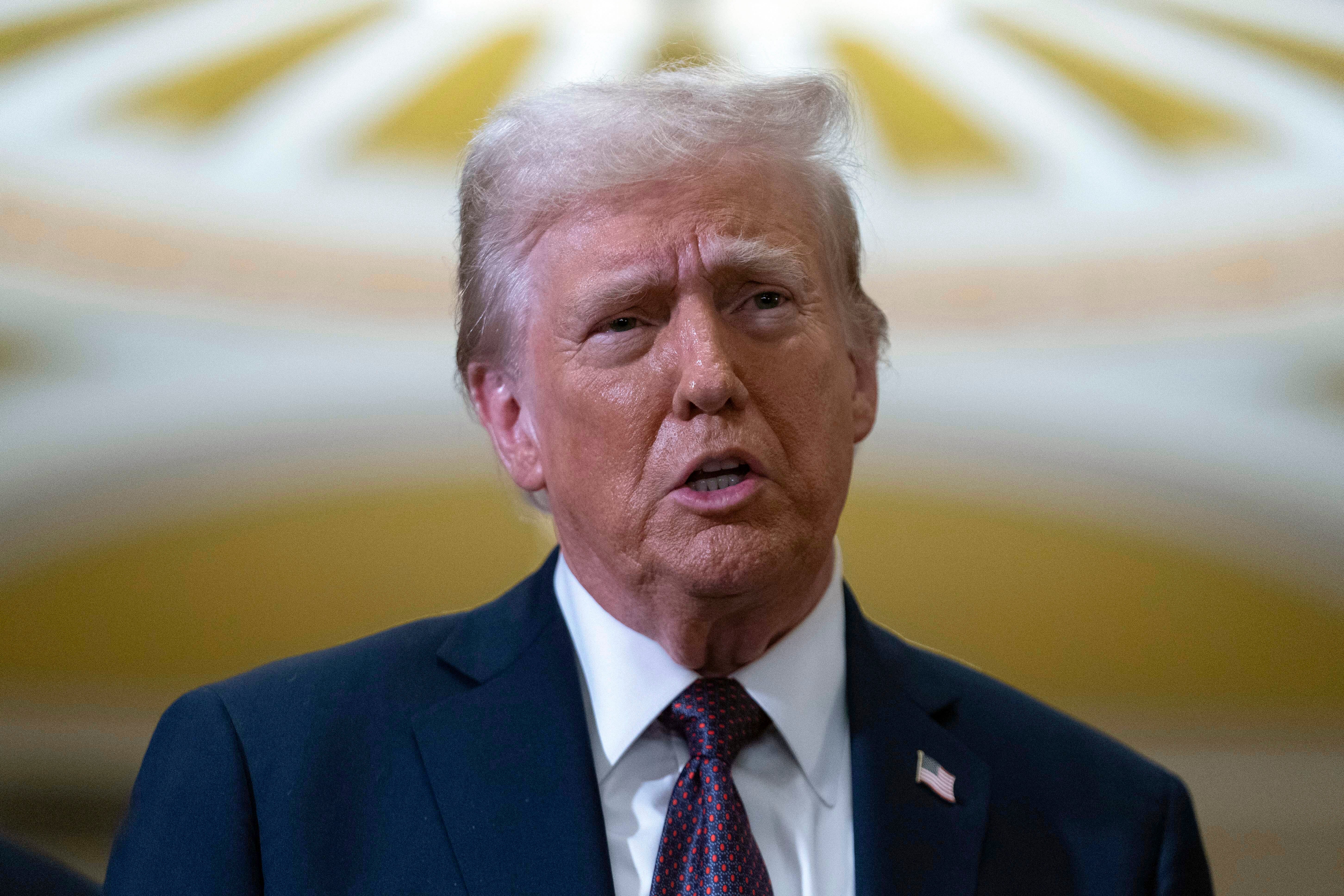US President-elect Donald Trump has extended invitations to world leaders for his upcoming inauguration, a move that breaks from traditional US foreign policy. Typically, it is not customary for foreign leaders to attend the formal ceremony marking a new US president’s ascension to the Oval Office. However, Trump has chosen to invite a number of global figures, signaling a more inclusive approach to his inauguration.
One notable invitation was sent to Chinese President Xi Jinping. However, it has been confirmed that President Xi will not be attending the event. Instead, China is likely to send a high-ranking envoy to represent the country at the ceremony. While the specific individual has not yet been confirmed, possible attendees include Han Zheng, a senior Chinese official, and Wang Yi, the country’s foreign minister. The final decision on who will attend is still pending.
Trump’s decision to invite foreign leaders to his inauguration has drawn attention for its deviation from the usual practices surrounding presidential transitions in the US. While it is not uncommon for heads of state to meet with the newly elected president in private settings, the inauguration ceremony itself is usually a domestic affair, with limited international representation. Trump’s approach, therefore, marks a notable shift in diplomatic tradition.
As the inauguration approaches, speculation continues about who will be attending and whether VIP passes are in limited supply. This unconventional invitation strategy has already generated significant interest, as both the global political community and the American public await the details of the event and its international guests.



Post a Comment